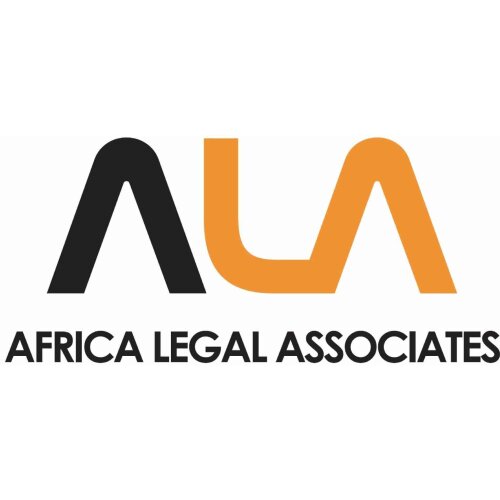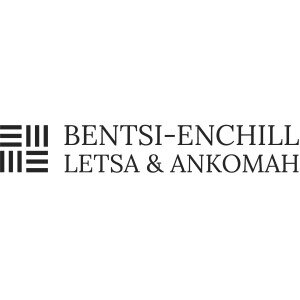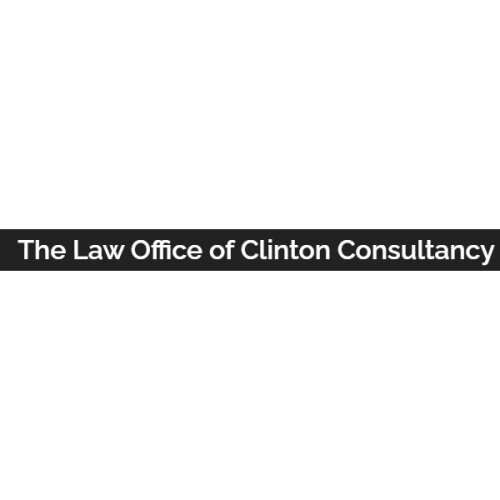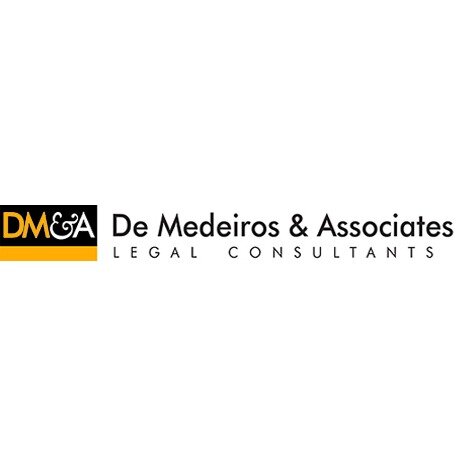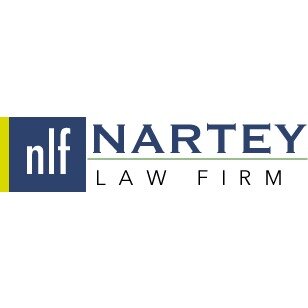Best Land Use & Zoning Lawyers in Ghana
Share your needs with us, get contacted by law firms.
Free. Takes 2 min.
Free Guide to Hiring a Real Estate Lawyer
Or refine your search by selecting a city:
List of the best lawyers in Ghana
About Land Use & Zoning Law in Ghana
Land Use and Zoning Law in Ghana is a system of regulations that determine how land can be used and developed within different areas of the country. These laws are essential in organizing urban and rural development, protecting the environment, managing land resources efficiently, and avoiding land use conflicts. The primary goal is to create balanced development plans that consider economic growth, environmental sustainability, and the needs of the community. The application of these laws involves both national and local government bodies, with local governments often playing a critical role in implementation through the provision of permits and enforcement of zoning regulations.
Why You May Need a Lawyer
There are numerous situations in which a person may require legal assistance with issues related to land use and zoning in Ghana. Some common scenarios include:
- Understanding and navigating zoning regulations before purchasing or developing land.
- Resolving disputes with neighbors or local authorities over land use or zoning issues.
- Applying for variances or exceptions to existing zoning laws.
- Encountering opposition to a proposed land use or development project.
- Ensuring compliance with environmental regulations related to land use.
A qualified lawyer can provide expert guidance and support throughout these processes, helping to protect your interests and ensuring that all legal requirements are met.
Local Laws Overview
The legal framework governing land use and zoning in Ghana is primarily derived from several key pieces of legislation and governmental policies. These include the Land Use and Spatial Planning Act, 2016 (Act 925), which sets out the processes for land use planning, and the Local Governance Act, 2016 (Act 936), which empowers local authorities to develop and enforce zoning schemes within their jurisdiction. Additionally, the Environmental Protection Agency (EPA) plays a role in approving developments that may have environmental implications under the Environmental Assessment Regulations. Understanding the interplay of these laws is crucial to navigating the regulatory landscape of land use and zoning in Ghana.
Frequently Asked Questions
What is zoning in the context of land use?
Zoning refers to the division of land into distinct areas, each designated for specific uses such as residential, commercial, industrial, or agricultural, with the aim of ensuring orderly development and minimizing conflicts.
How can I find out the zoning of a particular plot of land?
To determine the zoning of a plot, you can consult the local planning authority or municipal assembly where the land is located. They can provide zoning maps and detailed information on permitted uses.
Can zoning laws change, and how would I know?
Yes, zoning laws can change due to urban development, policy shifts, or community needs. Such changes are typically publicized through local assemblies, and stakeholders are often notified or invited to contribute to discussions.
What is a zoning variance?
A zoning variance is a legal permission to deviate from current zoning ordinances. Obtaining a variance usually involves applying to the local zoning board and demonstrating practical difficulty or unnecessary hardship under the current regulations.
What role does the Environmental Protection Agency (EPA) play in land use and zoning?
The EPA assesses potential environmental impacts of development projects, requiring developers to obtain environmental permits and ensuring compliance with environmental laws before project commencement.
Is public participation permitted in zoning decision-making?
Yes, public participation is an integral part of the zoning process in Ghana. Stakeholders are often invited to attend public hearings or submit comments during the planning and rezoning stages.
What happens if a zoning violation occurs?
Zoning violations can result in notices from local authorities, fines, or orders to cease the non-compliant activity. Resolving such issues may require negotiation or legal intervention.
Can zoning restrictions affect property valuation?
Yes, zoning can impact property values. For example, commercial zones may command higher prices than residential zones, and restrictive zoning can limit development potential, affecting value.
What is mixed-use zoning?
Mixed-use zoning allows multiple compatible land uses in a single area, such as residential and commercial developments, fostering vibrant, walkable communities.
How do land use conflicts get resolved?
Land use conflicts are typically resolved through negotiation, mediation, or legal action. Engaging a lawyer with experience in land use disputes can provide important guidance in these situations.
Additional Resources
For those seeking more information or assistance in land use and zoning matters, the following resources can be invaluable:
- The Land Use and Spatial Planning Authority (LUSPA) - Responsible for advising on and implementing land use policies.
- Local planning departments at regional Metropolitan, Municipal, and District Assemblies (MMDAs) - Provide specific zoning and planning information.
- The Environmental Protection Agency of Ghana (EPA) - Offers guidance on environmental regulations affecting land use.
- The Ministry of Lands and Natural Resources - Oversees broader land policy and regulations.
Next Steps
If you find yourself in need of legal assistance concerning land use and zoning in Ghana, consider the following steps:
- Research and identify law firms or legal practitioners specializing in land use and zoning law.
- Consult with a lawyer to discuss your specific situation and get tailored advice.
- Gather relevant documents, such as land titles, zoning maps, or correspondence with local authorities, to provide clear context for your legal advisor.
- Stay informed of any legal changes or upcoming public consultations related to zoning in your area by maintaining contact with local authorities or community groups.
Lawzana helps you find the best lawyers and law firms in Ghana through a curated and pre-screened list of qualified legal professionals. Our platform offers rankings and detailed profiles of attorneys and law firms, allowing you to compare based on practice areas, including Land Use & Zoning, experience, and client feedback.
Each profile includes a description of the firm's areas of practice, client reviews, team members and partners, year of establishment, spoken languages, office locations, contact information, social media presence, and any published articles or resources. Most firms on our platform speak English and are experienced in both local and international legal matters.
Get a quote from top-rated law firms in Ghana — quickly, securely, and without unnecessary hassle.
Disclaimer:
The information provided on this page is for general informational purposes only and does not constitute legal advice. While we strive to ensure the accuracy and relevance of the content, legal information may change over time, and interpretations of the law can vary. You should always consult with a qualified legal professional for advice specific to your situation.
We disclaim all liability for actions taken or not taken based on the content of this page. If you believe any information is incorrect or outdated, please contact us, and we will review and update it where appropriate.
Browse land use & zoning law firms by city in Ghana
Refine your search by selecting a city.




